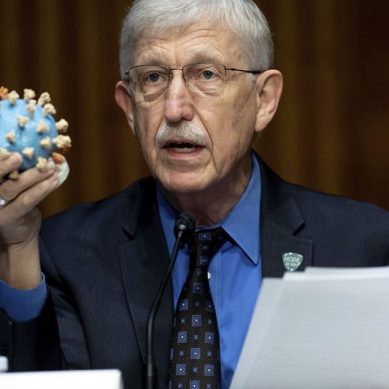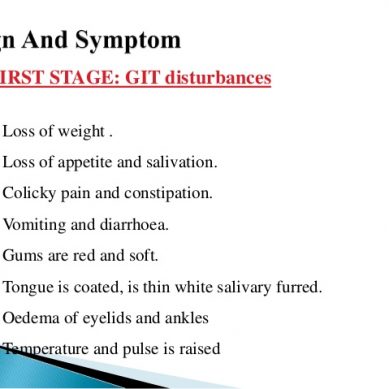US health agency will invest $1 billion in ‘long Covid’ research
The United States has announced that it will spend big on research into ‘long Covid’ – the long-lasting health effects of a SARS-CoV-2 infection. The funding comes as the scientific community is just starting to recognise the impact of the condition and unravel why it occurs. On 23 February, the...
AI: Balancing criminal legal system with rising uptake of new technology
Training more people on the basics of using data is part of Yeshimabeit Milner’smission to ensure tech is built equitably – and to bring into the conversation more people who have experienced algorithmic harms. Milner is cofounder and executive director of the non-profit Data 4 Black Lives, which examines how...
Holy weed: Colorado cannabis farms puff out more gases than coal mines
Legal cannabis production in Colorado emits more greenhouse gases than the state’s coal mining industry, researchers analysing the sector’s energy use have found. The production and use of cannabis for medical or recreational reasons is now legal in several US states, which has led to a booming industry. Hailey Summers...
Zimbabwe repatriates 20 poached DRC primates in transit to South Africa
After months of coordinated international effort the Jeunes Animaux Confisqués au Katanga (JACK) sanctuary welcomed 20 monkeys to their new home. The monkeys, natives of the Democratic Republic of Congo (DRC), were confiscated in September 2020 following a surgical strike on an international wildlife crime syndicate that operates between the...
You are always monitored; how to tell emails that remotely track you
Everyone sends emails these days: political parties, your book club, freelance journalists, the social networks you’re signed up to, your parents, that online store that you only bought one item from a decade ago, and many, many more. What do a lot of those email senders have in common? They...
Beware of serious health risks posed by arsenic poisoning in water, food
Arsenic’s potent effect on humans has been known since at least the Roman Empire. For centuries, it was a popular poison for murderers because it can’t be seen, smelled or tasted in food or water. That made it difficult to detect. As chemical detection methods improved, its use as a...
Hashtag: A genie or ally governments around the world cannot rein in?
After Twitter drew world attention to schoolgirls abducted by Boko Haram terror group, Nigerian security forces began to arrest protesters and later deployed armed police and water cannons onto the median. That scene would only provide more arresting footage to help drive the story further up the Twitter algorithm. Nigeria...
Social media: Powerful tool for galvanising civilians against dictators and crime
Watching the analytics skyrocket during a dentist appointment in San Francisco, Jack Dorsey was struck by how quickly a hashtag can move. The founder of Twitter had seen people fire off tweets to coordinate protests in Iran in 2009, and the next year, the website had galvanised crowds of millions...
How a hashtag went viral and incited a military intervention in Nigeria
Russell Simmons was finishing his morning yoga routine on a yacht floating in the turquoise Caribbean waters off St Barts, peacefully unaware that he was about to provoke a tidal wave. The man who founded the boom-bap hit machine Def Jam Records in a cramped Manhattan dormitory room and made...
Multitude of coronavirus variants found in the US, but the threat is unclear
For the scientists who have spent the past year poring over hundreds of thousands of coronavirus genomes, the United States has been an enigma. Despite having world-leading genome sequencing infrastructure and experiencing more Covid infections than any other country, the United States has until recently lagged far behind in sequencing...














